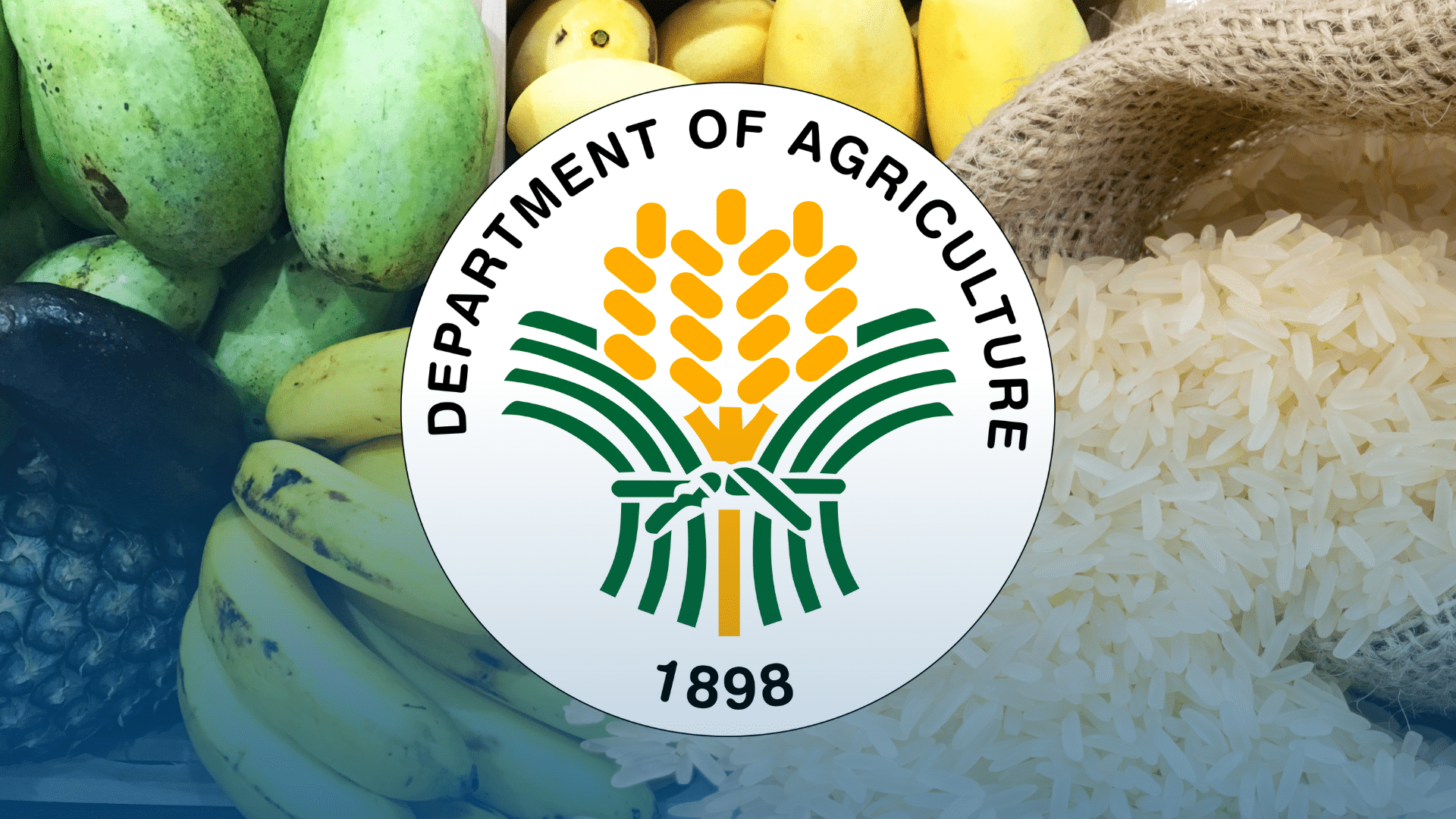
CLARKFIELD, Pampanga — Over 15 million people in Central and Northern Luzon and Metro Manila might be affected by a garbage crisis due to the looming closure of the lone sanitary landfill in Capas, Tarlac.
A service provider sounded the alarm during a forum with Pampanga-based reporters on Friday.
Danny Abadilla, president of Clark Sanitation Services, said the planned closure of the sanitary landfill in October would render thousands of hospitals in nearby regions and Metro Manila "stuck with uncollected hospital waste."The group said that uncollected garbage in hospitals and households might pose serious hazards on the people's health.
"The looming garbage crisis in Central and Northern Luzon regions will not only affect households and industries but will certainly pose major health problems as soon as the government's plan to close down the engineered sanitary landfill in Capas is implemented," the group said.
"Its (Kalangitan landfill) immediate closure is a helpless situation. We cannot collect and process medical and hospital wastes if there are no available and fully compliant sanitary landfills where we could dispose of treated wastes," said Abadilla.
"Most, if not all, toxic wastes treatment firms will have no recourse but to stop the collection and processing of highly toxic medical wastes," the group added.
Abadilla said that most hospital wastes coming from the two regions, Metro Manila, Cavite, Laguna, and as far as Palawan, are treated in their recovery facility before being taken to the Kalangitan sanitary landfill which is the only waste facility accredited by the Department of Environment and Natural Resources (DENR).
Should the Bases Conversion and Development Authority (BCDA) and Clark Development Corp. (CDC) close the waste facility in October, a domino effect will ensue, triggering the stoppage of collecting and treatment of hospital wastes from thousands of hospitals, and affecting the health of patients and hospital workers in the frontline and the community, said Abadilla.
"Apektado ang pasyente, apektado ang mga personnel sa mga hospitals, at apektado ang mga communities (Patients, hospital personnel and communities will be affected)," said Abadilla.
Abadilla said the medical wastes consist of hypodermic needles, body fluids, body parts, pharmaceuticals, and radioactive materials.
The Kalangitan sanitary landfill is the "only sanitary landfill accredited by DENR to accept medical wastes," according to Abadilla.
The engineered sanitary landfill, which is operated by the Metro Clark Waste Management Corp. (MCWMC) under a 25-year contract with the state-run CDC, is expected to stop operations in October 5 with no clear alternative site to replace it.
Meanwhile, Christopher Tang, business development director of SafeWaste Inc., said their treatment facility processes 30 tons of medical wastes per week from some 120 hospitals in Region 2 (Cagayan Valley) and Cordillera Administrative Region.
SafeWaste Inc General Manager Al Kane said the MCWMC is a "national treasure" and should be kept running.
It was learned that all treatment facilities engage in the collection, transportation, treatment and disposal of medical wastes. Treatment of hospital wastes includes the use of pressurized steam in the microbial inactivation of pathogens found in infectious wastes.
After treatment, medical wastes are taken to the 100-hectare Kalangitan sanitary landfill for final disposal.
The MCWMC said around a million tons of waste are being brought to the waste facility for disposal each year.
The MCWMC currently serves 150 local government units (LGUs) and more than a thousand industrial clients that represent roughly 15 million people in Central Luzon, Pangasinan, and the Cordilleras including Baguio City.
During the same media forum, MCWMC Executive Vice President Vicky Gaetos said they will file a case against the BCDA, which continues to ignore their pleas, and CDC, the original contracting party, if the waste facility is shut down.
Earlier, Capas Mayor Roseller Rodriguez said they are considering filing a case against BCDA and CDC if no alternative facility is identified.
Several affected LGUs in Pampanga and Tarlac warned against "severe environmental crisis" if the only environmentally compliant facility is closed in October.
In a public statement, MCWMC, said it acknowledges "the serious concerns surrounding the proposed closure of the Kalangitan landfill."" The immediate and severe impact this decision would have on the general public cannot be overstated. A sudden closure would trigger an overnight garbage crisis affecting 15 million people across Central Luzon, Pangasinan, and the Cordillera region," it added.
Kalangitan is not just one of the biggest waste management facilities in the Philippines. It is the only landfill in Central Luzon with the necessary capacity and expertise to handle all the waste generated in the region, particularly treated hazardous and hospital waste.
The BCDA and CDC cited the Build-Operate-Transfer law in asserting MCWMC's service contract cannot be renewed after 25 years.
The group said the claim is incorrect, and that they are actively pursuing legal action to address this misconception.
"We firmly believe the law supports our position, and we are confident that the courts will uphold this," the group added.
Since the beginning of its operations in 2003, MCWMC said it has consistently met or exceeded all regulations under Republic Act 9003 (Ecological Waste Management Act of 2000).
"This has made our landfill facility the only one of its kind in the Philippines, providing waste management services at par with the best practices in Europe and other developed countries. Our track record of 25 years without major incidents or violations speaks to our commitment to safety and regulatory compliance."
"We have continually invested in increasing our facilities, equipment and capacity to address the growing waste management needs of the Philippines," the MCWMC said.
Read The Rest at :







